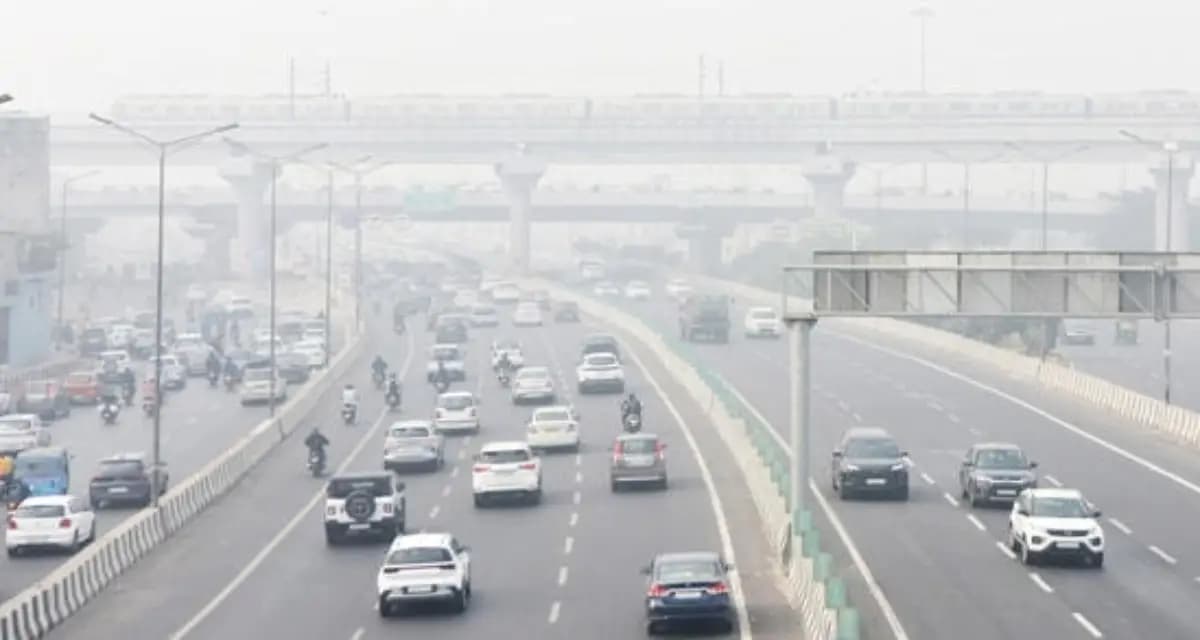In a move to combat Delhi's persistent air pollution, the ban on BS-3 petrol and BS-4 diesel vehicles will remain in effect until at least Thursday, December 5. This decision comes as the Supreme Court rejected requests to ease the Graded Response Action Plan (GRAP) Stage 4 measures, citing the need for more effective control of the capital's deteriorating air quality.
Current Air Quality and Measures
Although pollution levels in Delhi have recently dropped from the "severe" to the "very poor" category, they remain alarmingly high. GRAP Stage 4 measures were initially implemented on November 8 by the Commission for Air Quality Management (CAQM) to mitigate emissions. These measures include restrictions on the movement of certain vehicles, including commercial diesel trucks, public buses running on diesel, and private cars that meet outdated BS-3 petrol or BS-4 diesel emission standards.
Supreme Court’s Stand
During a recent hearing, a Supreme Court bench criticized authorities for the lack of strict implementation of GRAP Stage 4 restrictions, urging immediate action from the Delhi, Haryana, Punjab, and Uttar Pradesh governments. The bench stated, “There is hardly any implementation of Stage 4 of GRAP to deal with air pollution in the national capital.”
The court has mandated that representatives from these states appear on December 5 to discuss the next steps. Until then, the restrictions will remain unchanged.
Partial Relaxation and Penalties
Last week, a slight relaxation was granted, allowing BS-3 petrol and BS-4 diesel vehicles to be used by individuals with disabilities.
However, for the general public, the ban continues to be strictly enforced. Violators face hefty fines:
A penalty of ₹20,000 for driving BS-3 petrol or BS-4 diesel vehicles.
₹10,000 fines for vehicles operating without a valid Pollution Under Control (PUC) certificate.
Additionally, overage vehicles—those older than 15 years for petrol or 10 years for diesel—are being impounded.
Impact and Future Outlook
The restrictions aim to reduce vehicular emissions, a major contributor to Delhi's hazardous air quality. Authorities hope that sustained enforcement will lead to a noticeable improvement in AQI levels.
With Delhi’s air pollution problem drawing global attention, the continuation of these restrictions reflects a determined effort to address the crisis. However, successful implementation will require stricter enforcement and collaboration among regional governments to ensure long-term sustainability.
Also Read:
